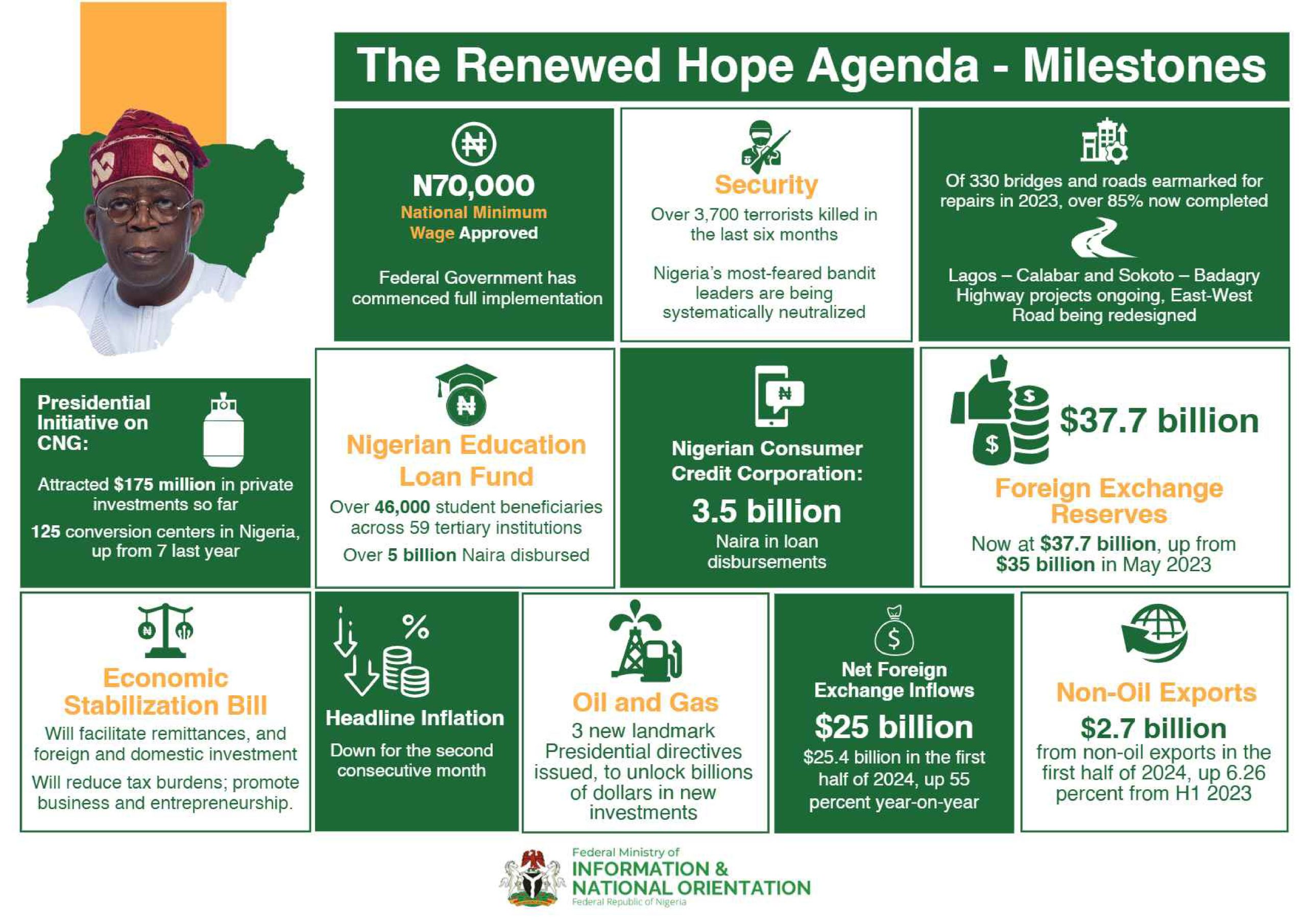ONI Temidayo Taiwo
Virtually every methodical human activity in life which involves the gathering of people of different cadres and backgrounds is guided either by a set of laws or ethics. This is to maintain peace and pave way towards achieving stated goals and objectives. These ethics and laws also serve as a measuring tape with which the performance of participants in such activities are appraised.
Ethic in the workplace refers to a set of values that determines how an employee approaches their work. It encompasses attitude to work, punctuality, dedication, transparency and a host of other behavioural factors that distinguish a good worker from a bad one and generally define the type of relationship existing among a workforce and between the workforce and its management. According to Abbas Ali, Thomas Falcone and A. Azim in their study titled Work ethic in the USA and Canada, “there is a genuine belief that societal commitment to work and hard work are often associated with economic development and competitiveness”. In a nutshell, the principles of work or business ethics are designed to condition the mind of every staff towards working for the upliftment of a specific organization by being honest and accountable in all dealings and interactions.
In Nigeria, work ethic is hardly observed in public and private organisations and a lot of micromanaging has to be done for business owners and stakeholders to achieve set goals, break even and get some margin of profit. The situation is far worse in the public sector where workers are forever late to work or absent and are always displaying an alarming level of insensitivity to the needs and yearning of the public to which they are responsible. In some federal and state ministries and other government parastatals, there is an abysmally low commitment to work ethics, leading to palpable inertial in the discharge of lawful responsibilities and an uncanny display of confidence to accompany every unethical deed perpetrated by workers. Workplaces have been turned into bargain stores and market squares where wares are displayed in the open and haggling and sales are noisily carried out during work hours. Duties for which workers are paid now take second place.
All that should even be regarded as the tip of the iceberg. More devastating is the fact that virtually everything that needs to be done in Nigeria requires one form of gratification or the other before it gets done. Palms must be greased or, to put it in the appropriate lingo, would-be beneficiaries will invariably need to “wet the ground” before getting what they are legitimately entitled to get. Such nefarious activities are carried out brazenly as there is no reason to fly under the radar to engage in them because they are greeted with taciturn approval by authorities that should hand down sanctions. It is quite understandable why Matthew Page, a one-time US ambassador to Nigeria, said if Nigeria is a democracy, it is also a kleptocracy.
In developed countries such as the United States of America, work ethic is a big deal and that is why the adaptation process to work ethics by Nigerian immigrants in such countries is tortuous. The social media is replete with complaints from Nigerians in America and the UK about how difficult it is to work abroad. As soon as they arrive, Nigerians in diaspora are disenchanted with the idea that it does not require more than bending down to pick dollars and pound sterling. They are exasperated that bus drivers do not chat with their passengers or create music with their horns while driving; they are surprised that break time is not as frequent and arbitrary as it suits the worker; they are aghast to learn that you cannot welcome visitors to your workplace and you cannot take as many days off as it pleases you without grave consequences.
In a 2023 NNROAD article on the internet titled Work culture in the US, everything you need to know, it is stated that “the US work culture values productivity and dedication. American professionals are known for their strong work ethic and commitment to their jobs. The typical workweek in the US often exceeds the standards 40 hours, with some employees regularly working longer hours to meet deadlines or achieve their goals”.
How can work ethic affect mental health? It is indisputable that a negative work environment where there is always the need to work long hours without adequate support from management and where there is endless harassment and sack threats can affect the mental health of the worker in the form of anxiety and depression. It is also true that unhealthy hustle mentality can as well be detrimental to the physical and mental well-being of an individual involved in the hustle. In the 2023 NNROAD article quoted earlier, it is submitted that “the strong work ethics, the long hours and the “hustle’ mentality in the work culture in the US can pose challenges to employees’ well-being and work-life balance. The pursuit of professionalism success and the drive for productivity may lead to increased work-related stress, burnout, and a potential neglect of personal needs and relationships. Balancing work demands with personal life commitments, such as family, hobbies, and self-care can become a challenge in the face of demanding work schedules”.
We must, however, quickly call attention to the fact that the “stress” and “burnout” observed in the article could be self-inflicted especially in respect to Nigerian immigrants in the developed countries. Nigerians in diaspora want to live large, meet with demands from the home country and erect befitting edifices there as well. They leave no time to play unlike their American counterparts that work hard and play as hard.
In the Nigerian context, where workers seem less committed to work ethics in many set-ups, it is the patron that suffers mental challenges. The lackadaisical attitude of workers in both private and public sectors can drive the most spirited human being nuts.
Is the problem insurmountable? No! In Nigeria, what is required to bring about a volte-face is wielding the big stick. When they are whipped into line and their rough edges are chiseled, Nigerians can become the finest workforce ever as it is observable in their conduct outside the country.
Oni is a Human Resources Officer with Precision Energy and Procurement Services Limited, Lagos.




























